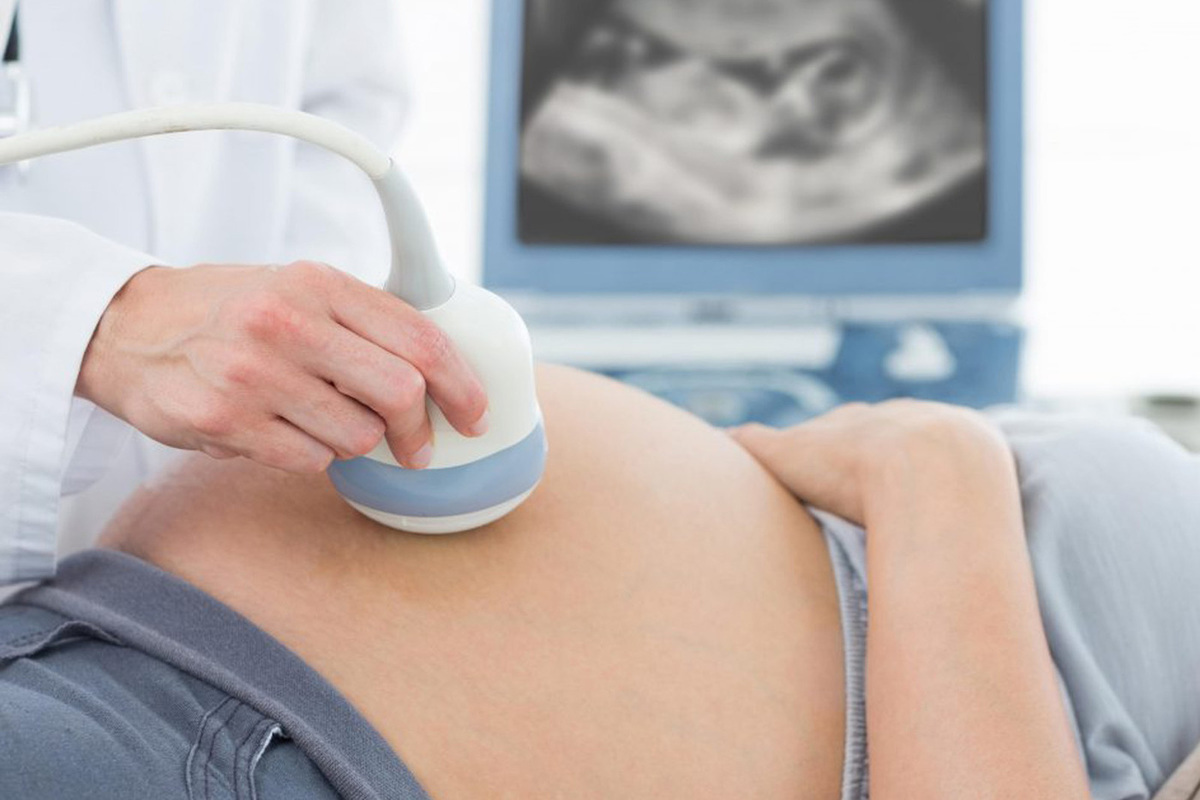Doctors discussed the possibility of examining the fetus to identify abnormalities
[ad_1]

Screening helps identify fetal malformations that are incompatible with life.
Starting this year, the country has expanded neonatal screening of all newborns for genetic diseases – now they are examined not for 5, but for 36 monogenic diseases at once. Early diagnosis allows treatment to begin much earlier and, in many cases, to avoid death and disability. And very often it gives children the chance to live a full life. Yet experts have long said that prenatal screening needs to be expanded to improve its effectiveness. Recently, experts discussed the prospects for expanding non-invasive screening during pregnancy.
According to experts, the inclusion of methods for the prevention of genetic diseases in state programs can reduce child and infant mortality rates and the incidence of some serious genetic diseases.
Today, all pregnant women undergo prenatal screening for a number of genetic abnormalities. This is a complex of studies, including ultrasound and biochemical blood tests. Screening helps to identify fetal malformations that are incompatible with life or lead to the child’s early death or disability.
But non-invasive prenatal testing (NIPT) is a study of fetal DNA using the blood of the expectant mother. Today in the world, NIPT is considered the most convenient, accurate and safe method of obtaining information about the possible risk of chromosomal abnormalities in the fetus in early pregnancy.
As Anton Olenev, chief freelance obstetrics specialist of the capital’s Department of Health, said, in the capital from 2021 to 2023, in addition to standard screening, 13,765 NIPT were carried out: with the help of such diagnostics, 231 cases of fetal chromosomal abnormalities were identified. At the same time, 55 cases of chromosomal abnormalities (Down syndrome, Edwards syndrome, Patau syndrome, sex chromosome pathology and others) were not considered high-risk according to standard screening and were identified only through NIPT. For example, according to international studies, the effectiveness of prenatal screening in identifying Down syndrome is about 80%. Therefore, mass introduction of NIPT into examinations of pregnant women can increase the efficiency of detecting this pathology to 99.9%.
According to Anna Zheleznyakova, Deputy Director of the Federal State Budgetary Institution “Center for Expertise and Quality Control of Medical Care” of the Russian Ministry of Health, all regulatory conditions have been created for the introduction of NIPT as part of prenatal screening. NIPT is included in a number of clinical guidelines and in the range of medical services. In addition, the country has officially registered NIPT test systems and laboratories that can legally perform this testing. In the Yamalo-Nenets Autonomous Okrug, NIPT has already been carried out on more than 8 thousand pregnant women. In Moscow – more than 35 thousand. Experts concluded that, compared with standard prenatal screening, the use of NIPT increases the detection of fetal chromosomal abnormalities by 30% and reduces the number of false-positive results by 30 times, and therefore potentially invasive interventions.
…
Today, the register under the program “14 high-cost nosologies” includes 15 thousand children with orphan diseases (most of them are genetic), and the state allocates 21 billion rubles annually for their treatment. In addition, their treatment is paid for by various funds.
Newspaper headline:
Diagnosis for the embryo
[ad_2]
Source link








